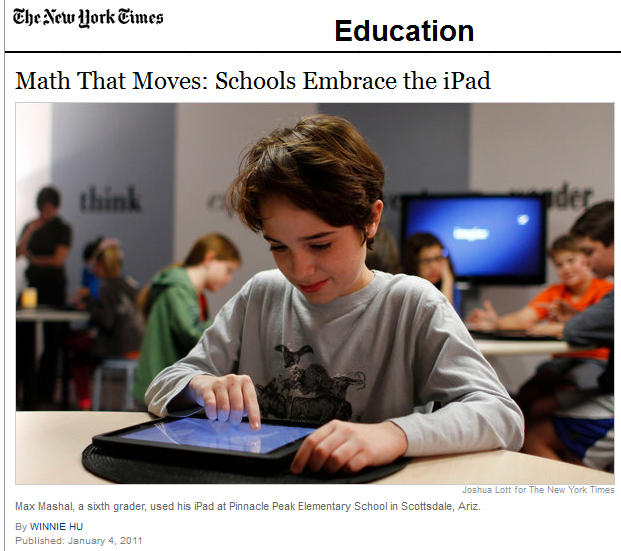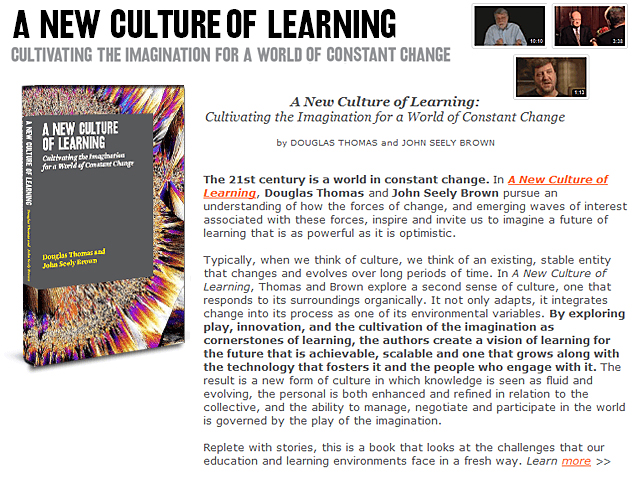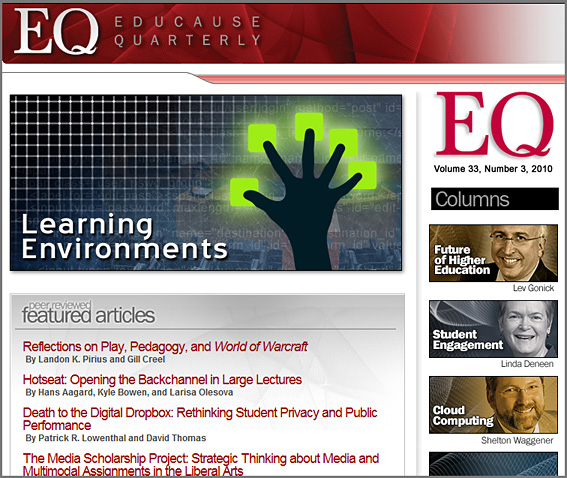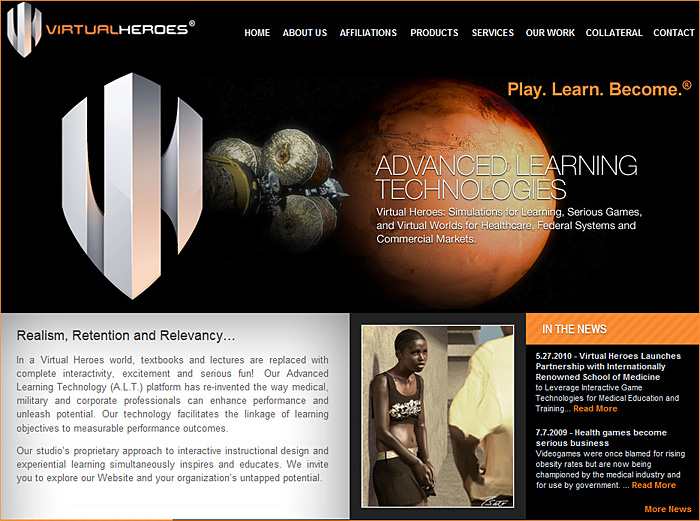The test has been canceled — from Boston.com by Keith O’Brien
Final exams are quietly vanishing from college
The change, which was first reported in Harvard Magazine, is not a statement on the value of final exams one way or the other, Harris said. But the shrinking role of big, blockbuster tests at Harvard and colleges elsewhere is raising serious pedagogical questions about 21st century education: How best do students learn? And what’s the best way to assess that? Is the disappearance of high-stakes, high-pressure final exams a sign that universities are failing to challenge today’s students, or is it just a long overdue acknowledgment that such tests aren’t always the best indicator of actual knowledge?
From DSC:
Perhaps like many others, I don’t remember a lot from the final exams taken during my college days. My hope is that whatever methods we use, we can foster deeper, longer-lasting ROI’s from students’ studying time. We can create more “hooks” on which to hang things 5-10 years down the line (if that’s possible these days!). One thought along these lines, is to use the ideas of story, play, and promoting the creativity of our students.
The greatest teacher of all time used story — in the form of parables — all the time. I’ll bet that many of us can still recall to this day the parable of the sower, or the prodigal son…the good Samaritan or the lost coin. With enough repetition, we remember these stories and the deeper meaning behind them. They provide hooks to hang other things upon (i.e. scaffolding).












